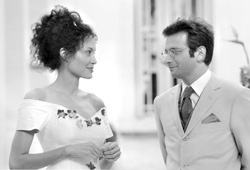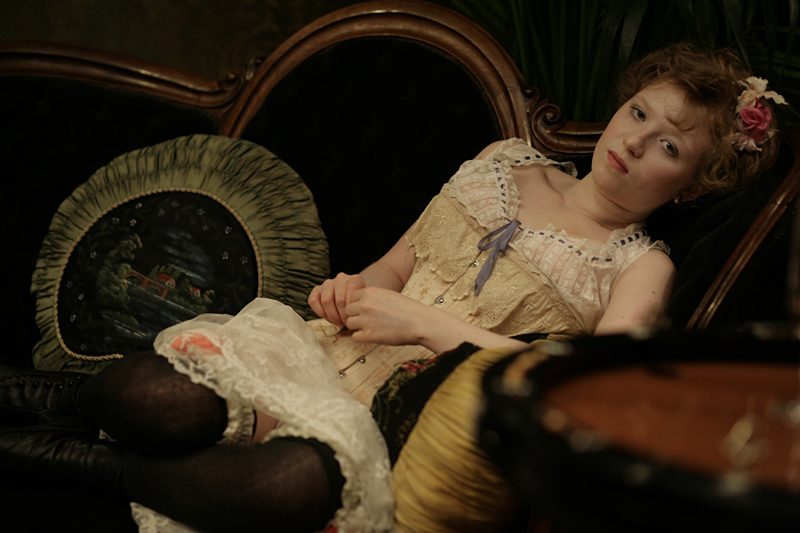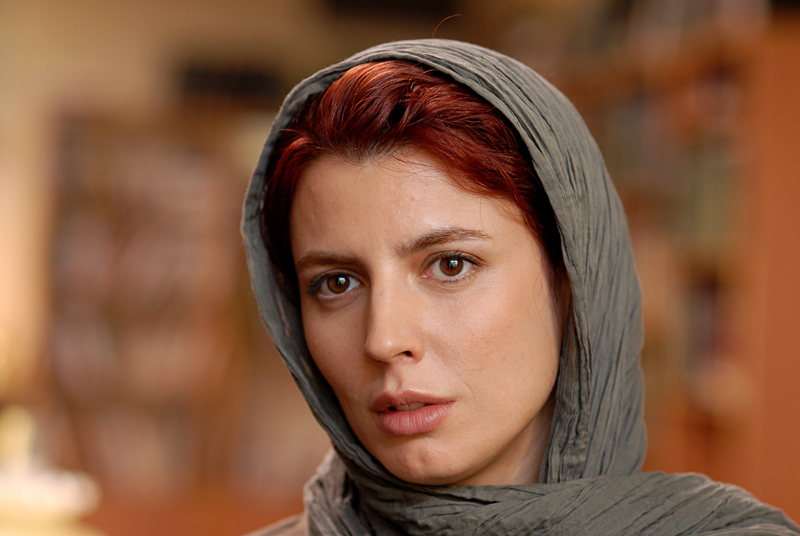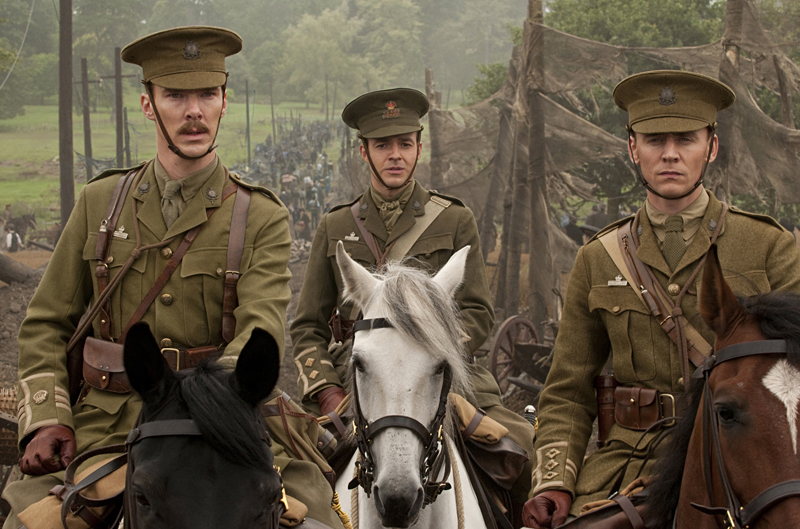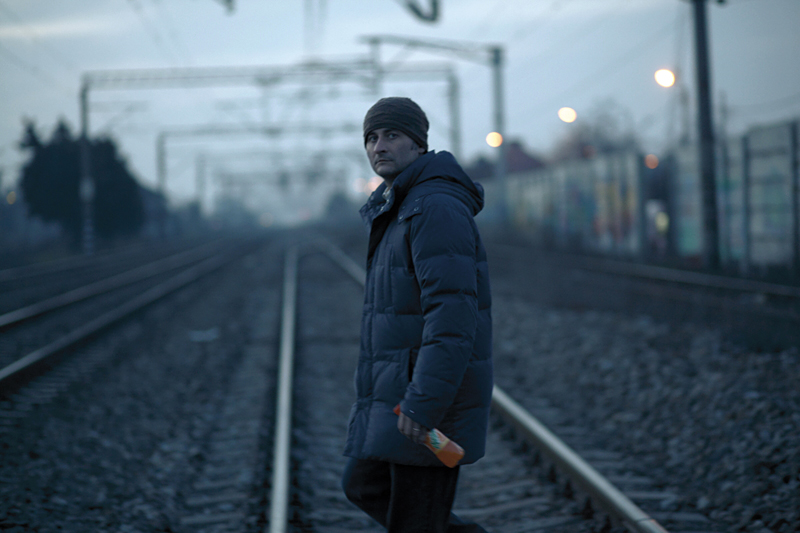A skilled actor vanishes into a role; a movie star appropriates it. As presence trumps character, the star personifies Brecht’s alienation effect, and whatever its ostensible subject, the movie becomes a vehicle—the latest installment in an ongoing career or, in the case of a great star, a public myth.
Angelina Jolie is the major alienation effect in A Mighty Heart, although she’s not the only one. The hectic pizzazz with which hired gun Michael Winterbottom directs this tale of terrifying terrorism is another distraction—and so is the movie’s true-life premise. An addendum to last year’s 9/11 movies and a sequel of sorts to Winterbottom’s The Road to Guantánamo, A Mighty Heart is based on one of the most disturbing events of the 9/11 aftermath—namely the case of Daniel Pearl, abducted by jihadi extremists in Karachi and, five weeks later, brutally executed on video, in part because he was a Jew.
A mondo-global, insanely urgent, staccato procedural in which each shot arrives like a bulletin, A Mighty Heart is characterized by sensational, quasi-documentary location work in swarming Karachi and a sense of near-constant frenzy. Pearl’s briskly staged abduction sends the movie into controlled chaos. The crime triggers a dense montage of flashbacks and action cuts, accompanied by head-spinning techno-babble—a manhunt with a half-dozen agencies busily tracking e-mails and cell phone calls.
After his capture, Pearl (Capote writer Dan Futterman) appears only in flashback—a few video teases notwithstanding, the movie resolutely refuses to show him in captivity. A tough Pakistani cop (Irrfan Khan), wholly committed to the case and willing to torture prisoners when necessary, serves as a minor hero. But the heart of the movie, of course, is Pearl’s wife, Mariane (Jolie), seven months pregnant and compelled to endure the torments of the damned. Based on Mariane’s memoir, the movie is true to her clear-headed politics, even while refracting them once more through the media’s rainbow prism and the glamour baggage that its star necessarily brings.
Oscar notwithstanding, Jolie belongs less to Hollywood than to the magic kingdom of publicity—in Cannes, where A Mighty Heart had its world premiere, she was referred to as the planet’s most photographed woman. Google serves up 358,000 wildly clashing images. Over the past decade, her persona has mutated from tattooed Goth girl to possibly incestuous cyberdish and Esquire‘s “sexiest woman alive” to its current, suitably contradictory state—most fully expressed by Kate Kretz’s 5-by-7 oil painting, Blessed Art Thou, in which, posed as the Virgin Mary, a beatific Angelina and three cherubic children float on a cloud above a Wal-Mart checkout line. Jolie is Our Lady of Humanitarian Narcissism: Not we but she “are the world,” good deeds illuminating her divine person in a blinding blaze of glory.
A Mighty Heart, which was co-produced by Jolie’s consort, Brad Pitt, is the celluloid equivalent of Blessed Art Thou. Jolie’s Pearl is an almost mystic presence. Not since Lara Croft has the actress had so apposite an avatar. Jolie plays Mariane as an icon—her complexion darkened and hair tortured into a perfect mass of ringlets. Jolie as Mariane Pearl is not as extreme a notion as, for example, John Wayne playing Albert Schweitzer, or Jennifer Aniston in the role. As striking and preternaturally poised as she is, Mariane Pearl is herself a great performer—as demonstrated when she went on TV to argue for her husband’s life.
No less than Jolie, the actual Mariane ascended the red carpet at Cannes; in the movie, her character is imagined as a star. Possessed of an iron will and a miraculous presence of mind, she’s surrounded by an entourage yet awesomely solitary in her tragic isolation. When the worst inevitably occurs, no one is able to hug or even comfort her—she goes off alone. The movie is fundamentally a solo, and the creepiest thing about A Mighty Heart is the ease with which this terrible tale becomes a meditation on divadom. A limited actress but an overwhelming presence, Jolie cannily saves all emotional fireworks for her big scene.
Has Daniel Pearl been eclipsed? Blame Brecht. As Mariane, Jolie not only thinks faster but looks better than anyone else. Whatever happens, she’s never less than gorgeous. There’s hardly a moment when Jolie is on-screen that you can’t sense the presence of makeup artists and hair stylists hovering anxiously just off-frame.
